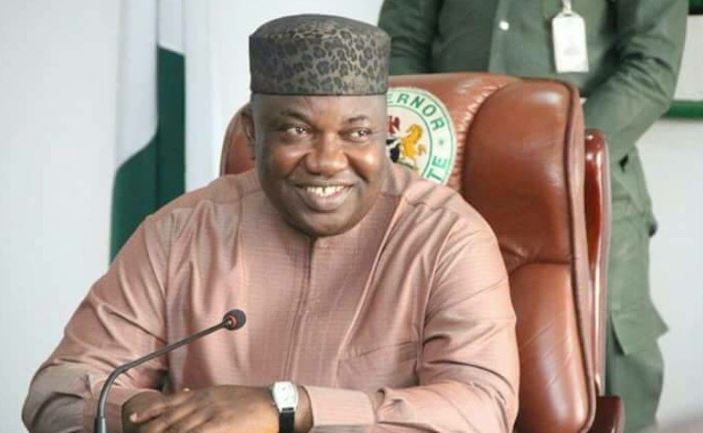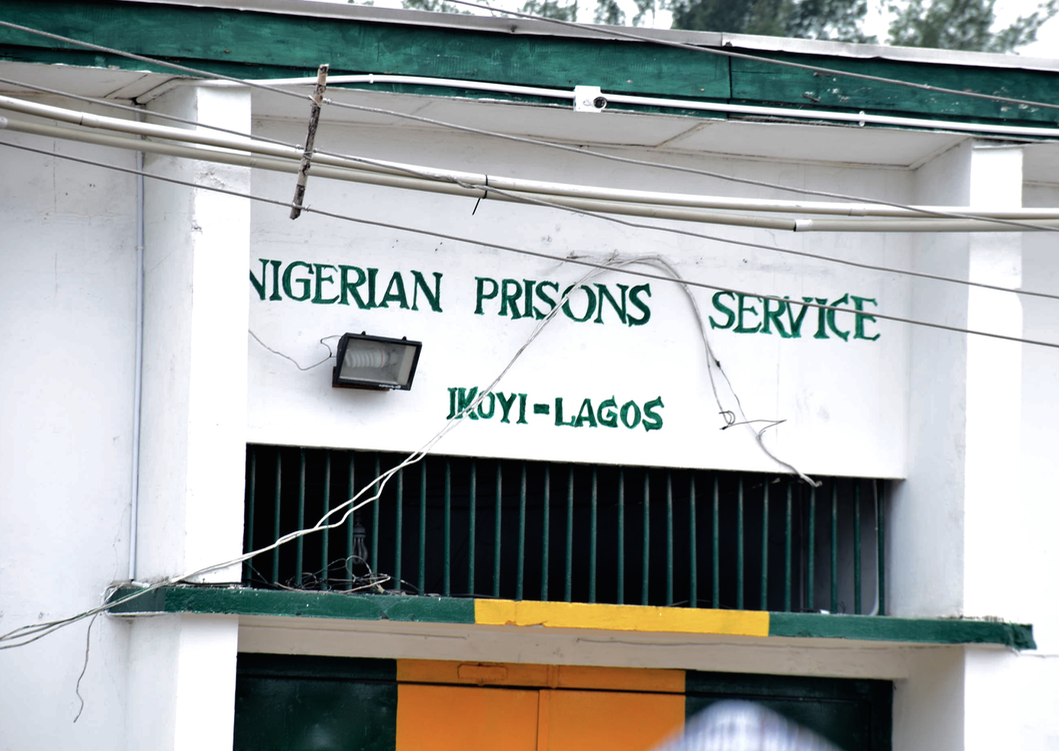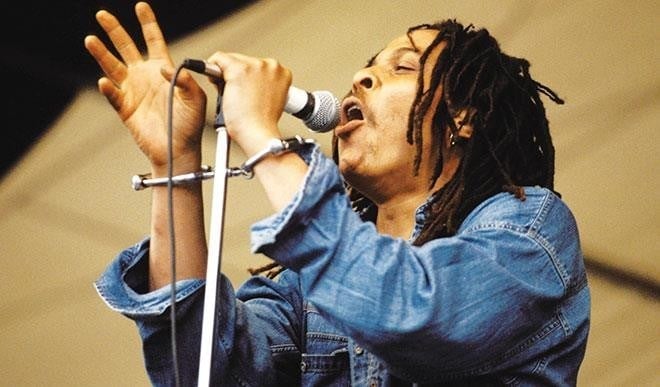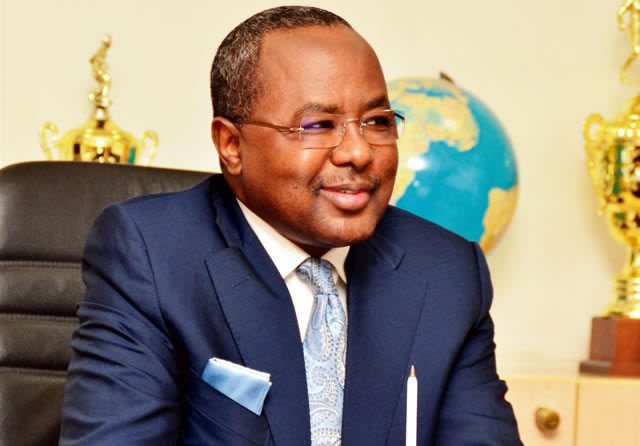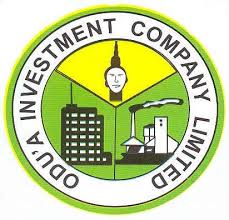As Nigeria commemorated 21 years of unbroken democracy last month, two reports released by the National Bureau of Statistics yielded a picture that roughly summarizes the economic state of its constituent parts. The first was a report that outlined every states’ net earnings from the Federation Accounts Allocation Committee from 1999 to date. The second report was a detailed breakdown of states’ internally-generated revenue for 2019.
With the rapid fall in oil price and its concomitant adverse effect on federal government’s income, more attention has understandably been on the latter report that shed light on the solvency status of the 36 in the face of the Covid-19-induced recession. According to the report, Lagos State – for very obvious reasons – had the best IGR profile for the preceding year, posting N398,732,246,493.38. It was followed by Rivers, not surprisingly (N140,398,744,302.70).
The other eight states in the top 10 of the NBS log include FCT (74,564,180,835.31); Ogun (N70,922,590,495.89); Delta (N64,678,796,991.57); Kaduna (N44,956,576,583.38); Kano (N40,593,701,332.48); Akwa Ibom (32,291,014,771.52); Enugu (N31,069,466,913.00); and Kwara (30,646,731,408.92)
While the individual performance by the various states is reflective of their spirited push to create a socio-economic system not so dependent on federal allocation, the NBS report outlining their net FAAC earnings is just as important as it helps put each state’s IGR performance in clearer perspectives. This is particularly so for Enugu State which received FAAC’s tenth least amount from 1999 to date. Enugu State’s robust IGR growth has been a consistent feature since 2015 under the Governor Ifeanyi Ugwuanyi administration.
Advertisement
From the outset, the governor viewed a diversified income stream in the face of declining revenue accruing to states from the Federation Account as an imperative, and the commitment to creating one reflects in his inauguration speech. “Since it is a knowledge-driven economy and not oil driven economy that rules the world, I believe that this is another great opportunity for Enugu State and Nigeria to look inwards and harness those potential, which free oil money has blinded us from exploiting. It is an opportunity to live to our full potential and leave the feeding bottles of the federalism syndrome.”
At his second budget presentation to the state’s legislators, Governor Ugwuanyi had voiced an ambition “to grow our internally-generated revenue up to 50 percent of our total revenue”. That goal may have seemed too ambitious at the time. But the figure grew steadily and as at the end of 2019, the governor’s IGR goal had mostly been surpassed. The significance of Enugu’s record IGR reflects also in the fact it was achieved without an increased tax burden on the people and businesses.
On a visit to the Government House, Enugu, last year, Nigerian Breweries’s CEO, Mr. Jordi Borrut Bel, spoke glowingly of how the business-friendly environment in Enugu State has positively impacted the company’s fortune. The impact, he noted, was to such extent that the company intends to expand the production capacity of its brewery at Ama, a growing industrial hub in Enugu State. “I would like to express our gratitude for the work you have done in the network of roads around the brewery. I would also like to commend you for the enabling environment you’ve created in the state,” he told his host, Governor Ifeanyi Ugwuanyi.
Advertisement
NBL’s planned expansion is yet another benefit of the governor’s determination to eliminate from within Enugu State, all factors stifling the growth of businesses. This commitment had propelled Enugu to Nigeria’s second best performing state on Ease of Starting a Business, and the third with regard to Ease of Doing Business in the World Bank Ease of Doing Business in Nigeria 2018 report.
The report, the fourth since the World Bank’s launch of the sub-national series on Nigeria, analysed business regulations in areas such as Starting a Business, Dealing with Construction Permits, Registering Property, and Enforcing Contracts. This positive ranking is largely the outcome of measures continuously taken by the Governor Ugwuanyi administration to eliminate factors that stifle businesses like multiple taxes, and boosting their growth by providing sustainable infrastructure and reliable security.
Gov. Ugwuanyi had in 2018 inaugurated a 10-member Land Use Charge Assessment and Appeal Tribunal in response to complaints from property owners about the multiplicity of taxes on their lands and buildings. “There have been stringent complaints that local governments and agencies of state government impose all manners of taxes, rates and levies on land and landed property,” the governor had said while inaugurating the tribunal chaired by Barrister Chigozie Nnadi.
The tribunal’s creation was consistent with the vision to consolidate Enugu State’s reputation as one of the most investor-friendly states in the country.
Advertisement
The governor’s inauguration of the Enugu State Ease of Doing Business Council (SEODBC) early 2018 had further underscored the resolve to bolster the state’s economic potential and make it an economic hub. As he had pointed out then, difficult business environment remained a major factor often cited by foreign investors as the reason Nigeria is hardly a choice destination for foreign investment despite its huge potential. According to him, “It is also the most frequently cited reason most small businesses in our local communities die before their fifth anniversary.”
Spurred by the knowledge that strong MSMEs are reliable triggers of economic growth, Governor Ugwuanyi took the revamp of the Enugu SME Centre as one of his administration’s priorities, resulting in the centre’s training of over 35,000 MSME owners and budding entrepreneurs from 2015 to date. The state’s counterpart funding with the Bank of Industry that has produced over 36 SMEs worth more than N399m in project value was also anchored on the same vision.
Another major boost for commerce has been the Enugu State Traders Empowerment programme. The initiative which has empowered more than 2400 traders with N50,000 each through a transparent raffle open to all MSMEs in 54 local markets in the state was, arguably, the inspiration for the federal government’s “TraderMoni”. Some may view the traders raffle through a populist lens. But it would be totally erroneous. As every economist would acknowledge: the more businesses flourish, the more likely it is for them to create jobs. And, indeed, the more likely they are to remit their corporate and personal income tax.
So, nurturing businesses is no zero sum game. Its capacity to create jobs and thus improve a state’s economy is further seen in this National Bureau of Statistics data which ranked Enugu State among states with the best job creation profile in the country. The NBS report listed Enugu as one of only nine states that recorded a reduction in their unemployment rates between the third quarter of 2017 and corresponding period in 2018. These nine states include Lagos, Akwa Ibom, Enugu, Imo, Kaduna, Kogi, Nasarawa, Ondo and Rivers. The impressive feat occurred, according to the NBS report, “despite an increase in the national unemployment rate”.
Advertisement
The report also indicated Enugu was among the six states that recorded the highest net gains in full-time employment between the third quarter and second quarter of 2017 and 2018. These are Lagos State which added 740,146 net full-time jobs; Rivers (235,438); Imo (197,147); Ondo (142,514); Enugu (122,333); and Kaduna with a net job gain of 118,929.
In an era where news is eclipsed by the seconds as it breaks, it’s easy for the significance of these achievements to be lost in such frenzy, especially as it’s not the sort that serves as grist for the social media. But they serve, nonetheless, as another fitting response to questions about the governor’s stewardship in the last five years.
Advertisement
Ani, former editor of ThisDay – The Saturday Newspaper, and Saturday Telegraph, is a senior communications aide to the governor of Enugu State.
Advertisement
Views expressed by contributors are strictly personal and not of TheCable.
Add a comment

